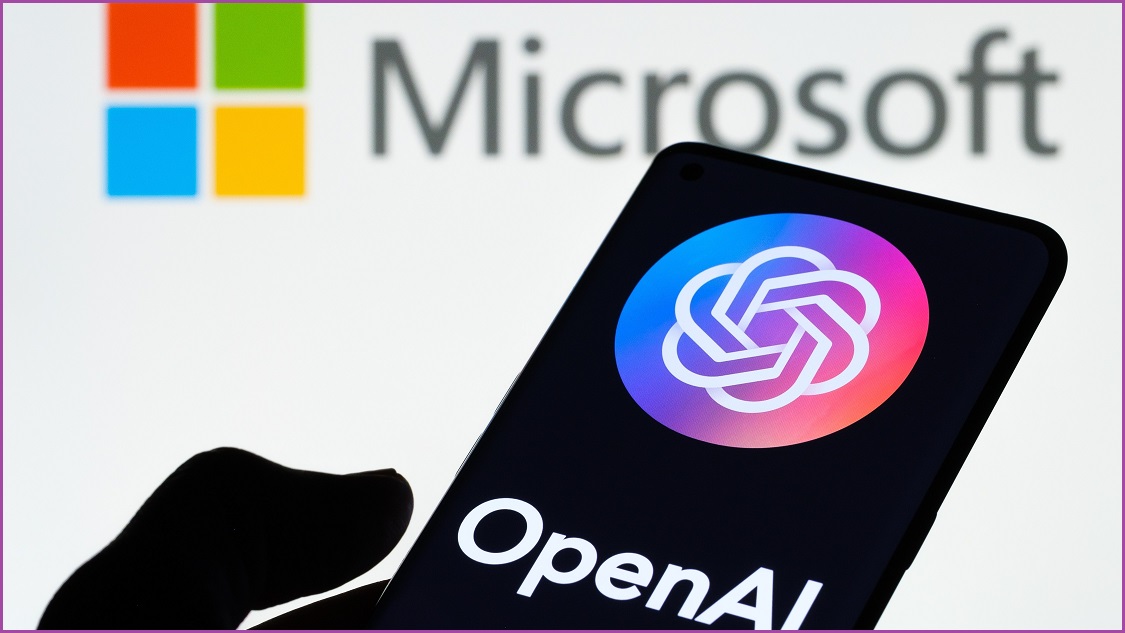Microsoft and OpenAI are trying to have a class action lawsuit dismissed from a US Federal Court after a group of anonymous software developers claimed the companies’ AI assistive code-writing software breaches open-source licences.
The plaintiffs claim Microsoft’s GitHub Copilot and OpenAI’s Codex systems mark “a brave new world of software privacy” in which the volunteered labour of open-source developers can be packaged up and re-sold for a monthly subscription fee.
They are seeking around $12.7 billion (US$9 billion) in damages.
Copilot is an extension that was officially released last year as a kind of autofill for software development that makes real-time suggestions as you write code.
Codex, made by ChatGPT creator OpenAI, is a natural language model that was integrated into Copilot.
Microsoft is a major investor in OpenAI.
Because these systems comprising Copilot were trained on publicly available code, including those from GitHub repositories, the plaintiffs believe it “violates the licences that open-source programmers chose” when developing their software.
“Copilot often simply reproduces code that can be traced back to open-source repositories or open-source licencees,” the plaintiffs claim.
“Contrary to and in violation of the licences, code reproduced by Copilot never includes attributions to the underlying authors.”
The plaintiffs said Copilot effectively “[replaces] a huge swath of open source by taking it and keeping it inside a GitHub-controlled paywall”.
Last week, lawyers for Microsoft and OpenAI moved motions to dismiss the class action suit by saying there was no demonstrable harm to the plaintiffs, but rather “rely entirely on generic descriptions of the alleged practices of the OpenAI Entities to support their theory of injury”.
“Plaintiffs do not allege that Copilot or Codex reproduced their code or disclosed their personal information,” the court documents said.
“Instead, the complaint describes the purported reproduction of the code or personal information of others.”
The companies also claim their use of open-source software constitutes ‘fair use’, citing a case in the US Supreme Court which found Google did not violate Oracle’s copyright by using its Java code to create the Android operating system.
Artists rebel
Microsoft and OpenAI aren’t the only companies facing backlash for AI systems they have developed using data from the internet.
Matthew Butterick, a lawyer who helped the software developers in their class against GitHub Copilot, has also teamed up with a trio of artists who want to sue the makers of generative image AI Stable Diffusion.
In their court filing, lawyers for the artists claim Stability AI, the company behind Stable Diffusion, trained its image generator using “billions of copyrighted images without permission”.
Those images were integrated into the AI and make up the images it creates when prompted by a user.
“These ‘new’ images are based entirely on the training images and are derivative works of the particular images Stable Diffusion draws from when assembling a given output,” the filing says.
“Ultimately, it is merely a complex collage tool. These resulting images compete in the marketplace with the original images.”
The result, the artists claim, is a situation in which anybody can prompt an AI to create an artwork ‘in the style’ of a living artist who then misses out on a commission.
“The harm to artists is not hypothetical,” the filing says. “Works generated by AI image products ‘in the style’ of a particular artist are already sold on the internet, siphoning commissions from the artists themselves.”
One of the defendants in that case is DeviantArt, a platform for artists from which images were scraped to create Stable Diffusion.
In November last year, DeviantArt released its own generative AI app called DreamStudio which was built on Stable Diffusion.
DeviantArt’s monetisation of this app created with the work of its userbase amounts to a betrayal, the claim says.
“Rather than standing up for the rights of its members by rejecting Stable Diffusion and other sources of AI-generated art, DeviantArt has gone the opposite direction,” the artists say.
Getty Images, which sells licences to photographs, has also launched proceedings against Stability AI for the inclusion of its copyrighted material in Stable Diffusion.
“It is Getty Images’ position that Stability AI unlawfully copied and processed millions of images protected by copyright and the associated metadata owned or represented by Getty Images absent a license to benefit Stability AI’s commercial interest and to the detriment of the content creators,” the company said in a statement.
Getty has brought its case to the High Court of Justice in London.










